Finding the ideal flatbed trailer for rent is crucial for various transport applications, whether you’re moving heavy machinery, hauling construction materials, or navigating the logistics of a significant project. This guide will provide you with an in-depth understanding of larger flatbed trailer rentals, including where to find them, essential considerations, and tips to ensure you make the most informed decision.
Understanding Flatbed Trailers
Flatbed trailers are indispensable tools in the transportation and logistics sectors. Their open design provides flexibility for loading oversized and heavy freight, making them a popular choice across various industries. Larger flatbed trailers in particular are designed to handle substantial loads, so it’s essential to grasp their nuances before renting.
Types of Flatbed Trailers
- Standard Flatbed Trailers: Open, flat platforms that allow for versatile loading and unloading.
- Step Deck Trailers: Incorporate a lower deck for transporting taller loads while remaining road-compliant.
- Lowboy Trailers: Specially engineered for exceptionally tall or heavy loads, with reduced deck height for improved stability and ground clearance.
- Conestoga Trailers: Feature a roll-top tarping system protecting the cargo while still allowing for flatbed-style loading.
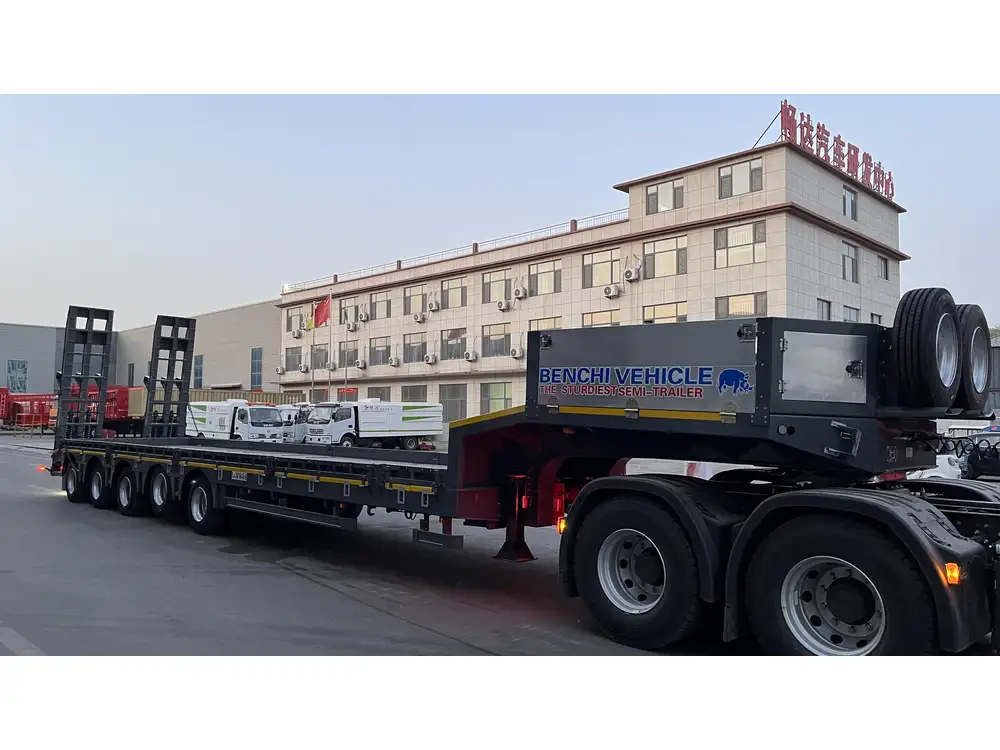
Key Features
| Feature | Description | Importance |
|---|---|---|
| Load Capacity | Varies significantly; often between 20,000 to 80,000 lbs | Determines what cargo can be transported |
| Deck Length | Common sizes range from 20 to 53 feet | Affects how many or what type of items can fit |
| Tie-down Points | Multiple strategic placement for load security | Essential for safe transport |
| Weight Distribution | Considerations for load balancing | Prevents damage to the trailer and cargo |
Where to Rent Larger Flatbed Trailers
Finding a reliable flatbed trailer rental service is paramount. Several avenues can be explored, each with specific advantages and considerations:
1. Local Equipment Rental Companies
Often, local equipment rental companies specialize in providing trailers among other machinery. Here’s what to consider:
- Proximity: Closer rental locations reduce transportation costs.
- Fleet Variety: Ensure they have the size and type needed.
- Customer Service: Look for reviews detailing their support level.
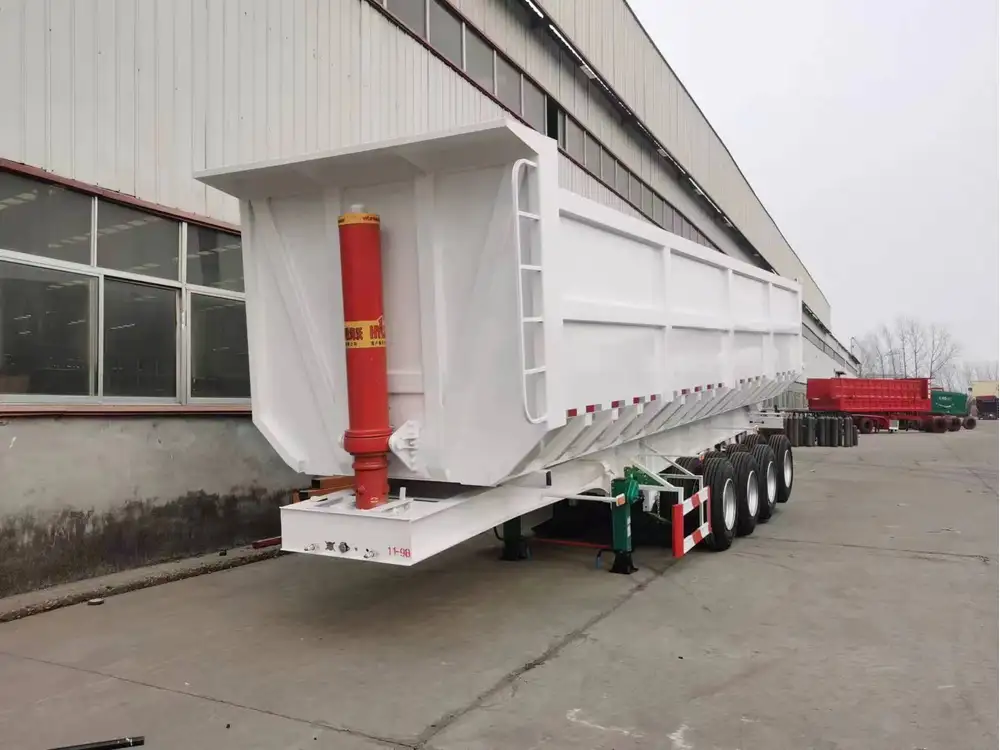
2. Dedicated Trailer Rental Firms
Companies focused solely on trailer rentals usually offer a broader range of options. Advantages include:
- Specialization: Expert knowledge on specific trailer types.
- Potential for Discounts: Long-term rentals may be more economical.
3. Online Marketplaces
Platforms that connect lessors and lessees allow users to compare rates and availability. Considerations include:
- Price Comparisons: Easily compare prices across multiple offerings.
- User Reviews: Access detailed feedback from prior renters.
Popular Online Platforms
| Platform | Features | Pros |
|---|---|---|
| U-Haul | Extensive locations, variety of trailers | Nationwide availability |
| eBay Rentals | Various equipment types and prices | Flexibility in rental terms |
| RentalHQ | Comprehensive directory of local rentals | User-friendly comparison tool |
| Trailer Rental | Focused exclusively on trailer options | Special offers and discounts |
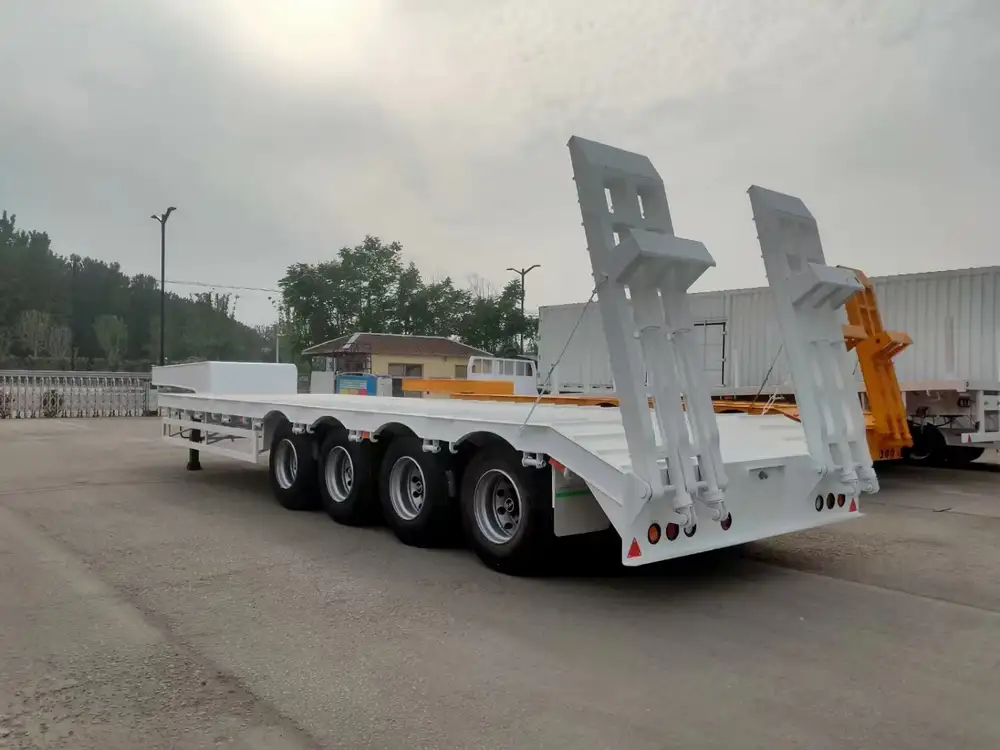
4. National Rental Chains
Some national chains provide consistent quality and expansive availability. Examples include:
- Penske Truck Leasing
- Enterprise Truck Rental
Factors to Consider Before Renting
Before proceeding with your rental, evaluate several critical factors to avoid potential pitfalls and ensure you select the best trailer for your needs.
1. Capacity Requirements
Determine the maximum load you’ll be transporting. Opt for a trailer that exceeds this requirement to accommodate for overloading or miscalculations.
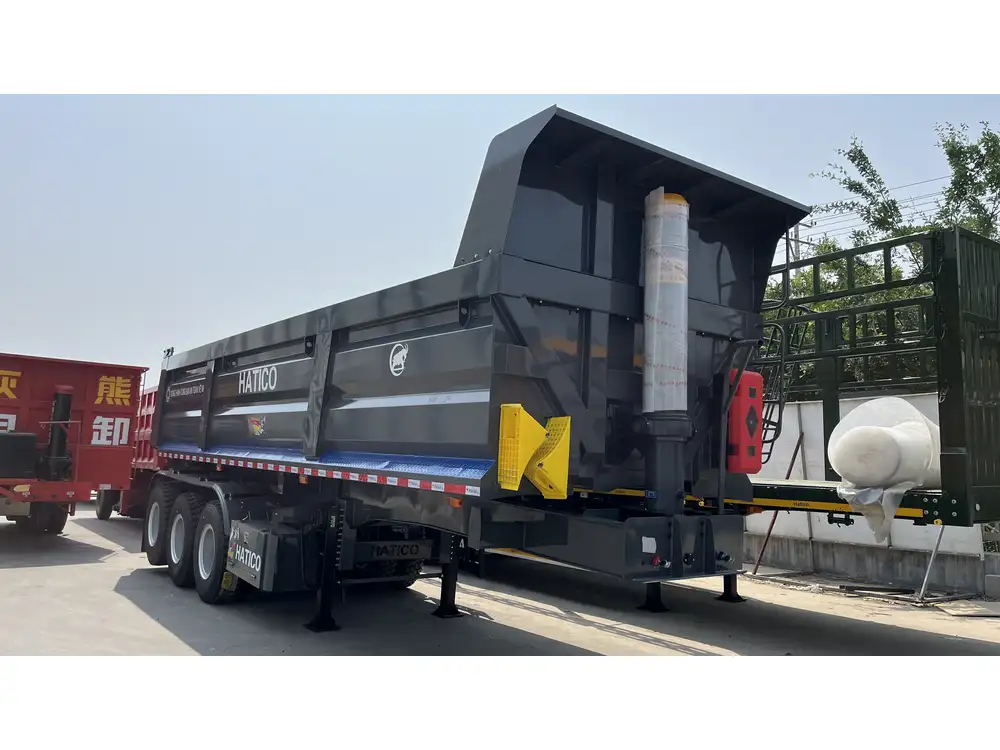
2. Distance and Duration of Use
Consider how far you’ll be traveling and how long you’ll need the trailer. Longer rental periods may benefit from negotiating a discounted long-term rate.
3. Legal Compliance
Ensure the trailer you rent complies with local regulations, including proper licensing, safety features, and weight limits. This is crucial to avoid fines and complications during transit.
4. Insurance Considerations
Confirm which insurance options the rental company offers. Consider supplemental insurance to protect both the trailer and cargo from potential damages during use.
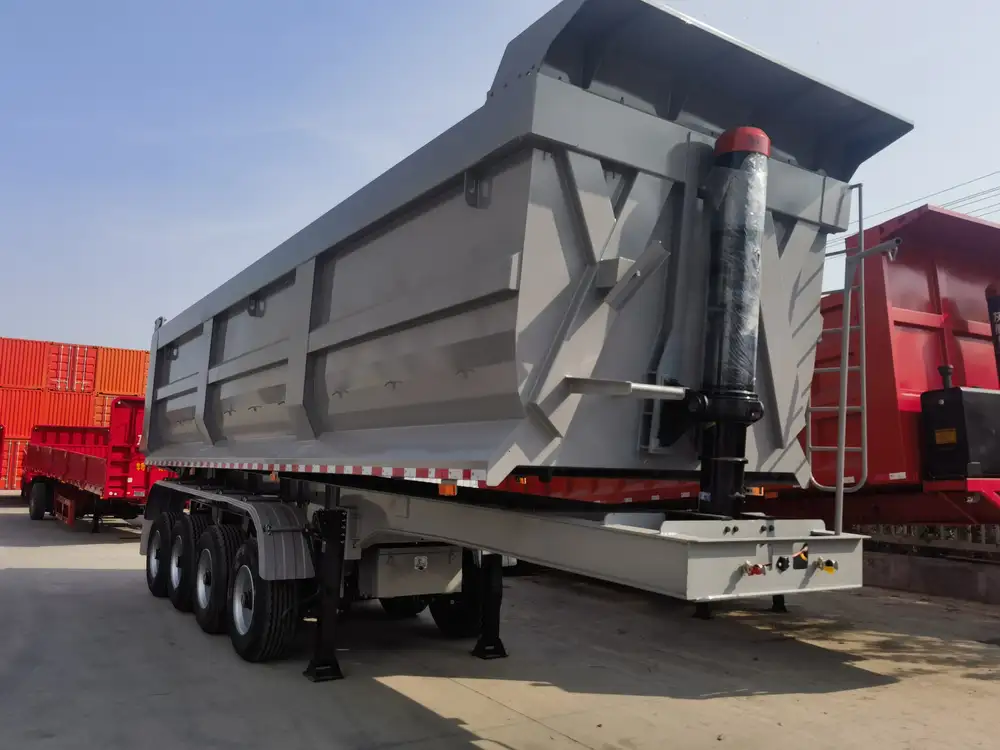
5. Maintenance and Condition
Check the trailer for pre-existing damages or wear and tear, and ensure the rental company provides a maintenance guarantee for trustworthy equipment.
Tips for a Successful Rental Experience
Navigating the rental process can be simplified through some best practices aimed at ensuring safety and efficiency.
1. Inspect the Trailer Thoroughly
Before taking a trailer, perform a detailed inspection:
- Check for structural integrity.
- Inspect tires and brakes.
- Verify the effectiveness of tie-down points.

2. Loading Techniques
Understanding loading techniques is crucial:
- Balanced Loading: Ensure weight is evenly distributed.
- Use Proper Tie-downs: Ensure that cargo is secured with appropriate straps or chains to avoid shifting during transport.
3. Understand the Towing Requirements
Verify your vehicle’s towing capacity, required hitch type, and brake requirements to ensure compatibility with the flatbed trailer.
4. Follow Local Regulations
Complying with local road laws, including those concerning load limits, permits for heavy loads, and restrictions on certain roads, will prevent legal complications.
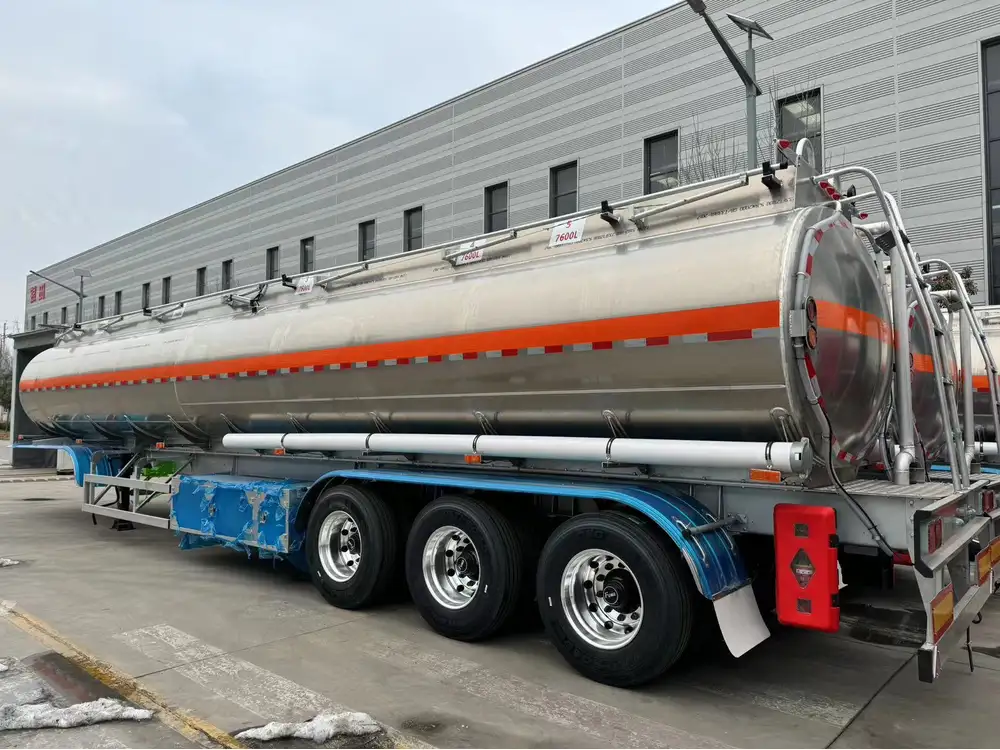
5. Return Policies and Fees
Be aware of each rental company’s return policy to avoid unexpected fees. Document the condition of the trailer upon return.
Frequently Asked Questions (FAQs)
What size flatbed trailer do I need?
Assess the dimensions of your largest load to determine the necessary length. Typically, larger trailers (over 40 feet) might be required for oversized cargo.
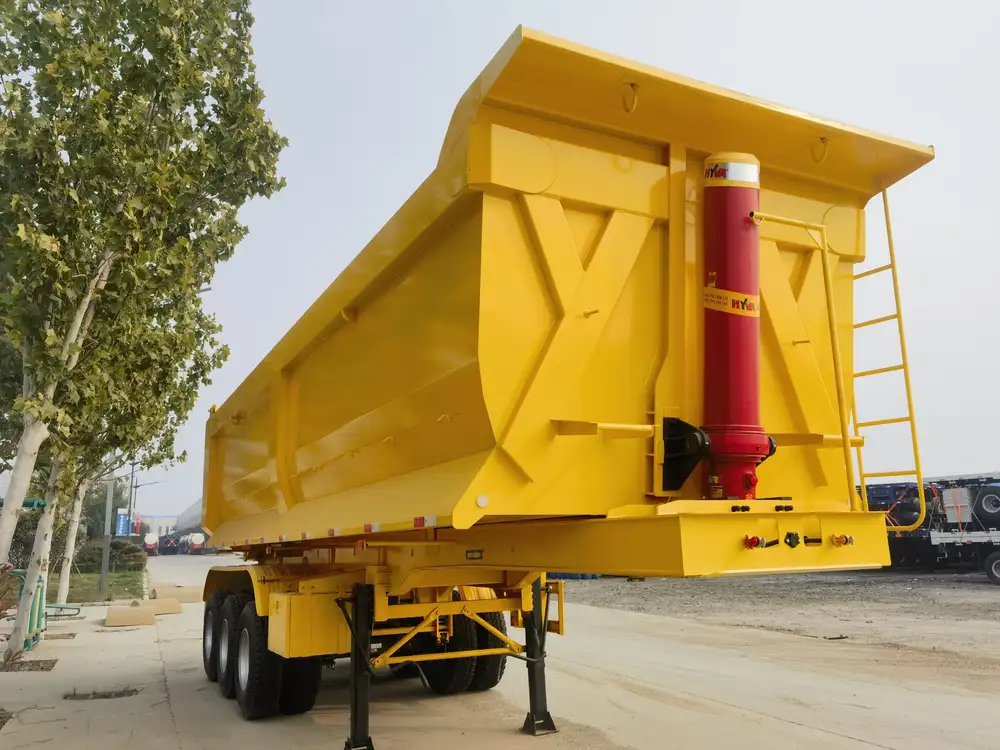
What if I need a flatbed trailer for an extended period?
Inquire about long-term rental deals. Many companies provide discounts for rentals exceeding a specific duration.
Are larger flatbed trailers more costly to rent?
Larger trailers generally incur higher rental fees due to their capacity and specialized usage. However, careful planning and understanding of rental services can often mitigate these costs.
Can I rent a flatbed trailer without a commercial license?
Depending on local laws, you may need a commercial driving license for specific trailer sizes. Verify this with the rental agency and your local regulations.
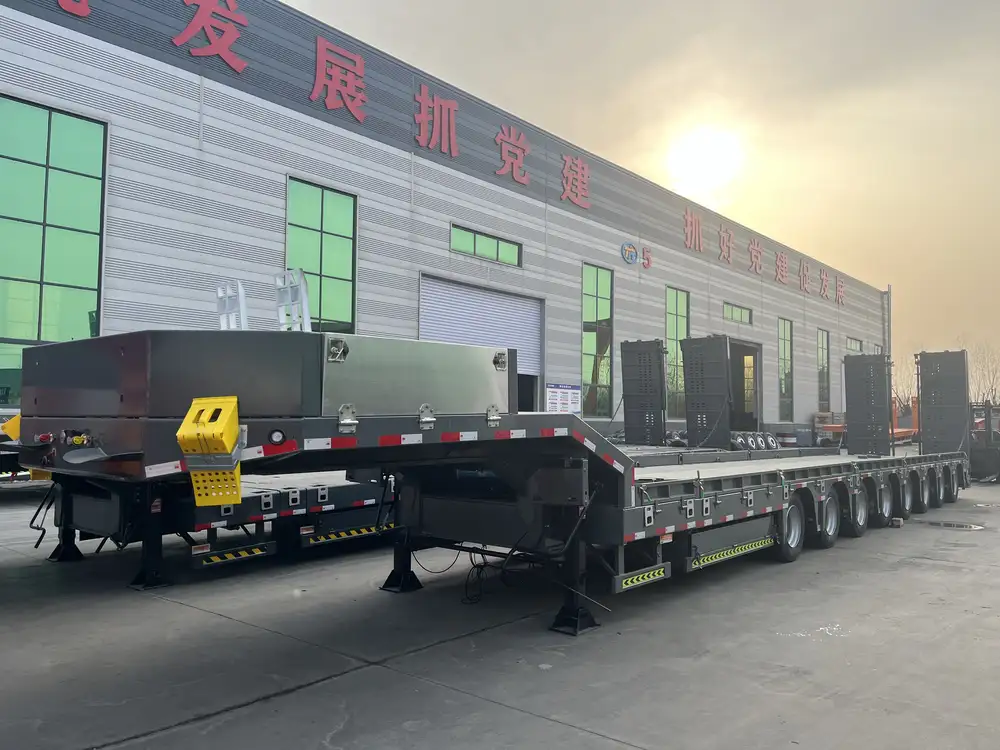
How do I ensure I’m getting a good rental price?
Always compare rates from multiple sources, including local rental shops and online platforms. Consider factors like deposit requirements and included mileage.
Conclusion
Renting a larger flatbed trailer is a vital step in accomplishing your transport goals, whether for construction, logistics, or other activities. By understanding your needs, exploring your options, and considering the key factors in this guide, you can make informed decisions that streamline your rental process and enhance your operational efficiency. Utilize the resources outlined, contact multiple rental providers, and position yourself for a successful hauling experience that meets your demands precisely.
By tackling these aspects proactively, you’re not just solving the immediate question of “where to rent a larger flatbed trailer,” but equipping yourself with the knowledge to navigate rental processes with confidence, ensuring everything goes smoothly from beginning to end.



